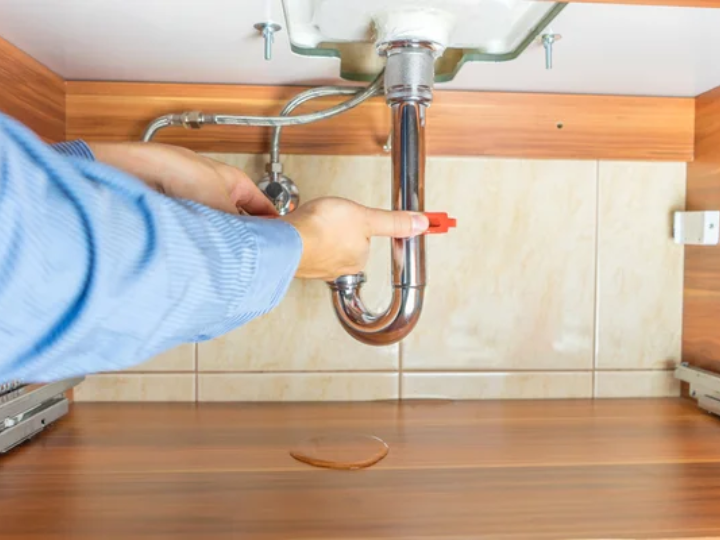Introduction:
A resilient home begins with a robust plumbing system. Understanding the key aspects of plumbing maintenance is essential for homeowners looking to safeguard their investment and ensure uninterrupted daily life. In this blog post, we’ll explore tips for plumbing resilience, covering preventive measures and proactive steps to keep your home’s plumbing in top-notch condition.
- Regularly Check for Leaks:
- Perform routine checks for leaks in and around your home. This includes faucets, pipes under sinks, and even checking for damp spots or mold growth, as early leak detection can prevent extensive water damage.
- Investigate Water Pressure:
- Monitor and maintain optimal water pressure in your plumbing system. High pressure can strain pipes and fixtures, while low pressure might indicate an issue within the system. Adjust pressure regulators as needed.
- Schedule Professional Inspections:
- Consider scheduling periodic professional plumbing inspections. Plumbers can identify potential issues before they escalate, providing peace of mind and preventing unexpected emergencies.
- Protect Pipes in Cold Weather:
- Take precautions during colder months to prevent frozen pipes. Insulate exposed pipes, disconnect outdoor hoses, and keep indoor temperatures above freezing to avoid the risk of bursts and subsequent damage.
- Know the Location of Shut-Off Valves:
- Familiarize yourself with the location of shut-off valves for various fixtures and appliances. In case of a plumbing emergency, being able to quickly shut off water can prevent significant damage to your home.
- Flush Your Water Heater:
- Regularly flush your water heater to remove sediment buildup. This simple maintenance task ensures optimal performance and extends the lifespan of your water heater.
- Use Mesh Screens in Drains:
- Place mesh screens in drains to catch hair and debris, preventing clogs. This simple and inexpensive measure contributes to the longevity of your plumbing system.
- Be Mindful of What Goes Down the Drain:
- Avoid putting items like grease, food scraps, and non-flushable materials down drains and toilets. Being mindful of what enters your plumbing system can prevent clogs and plumbing emergencies.
Conclusion:
Plumbing resilience is built on a foundation of regular maintenance, preventive measures, and prompt responses to potential issues. By adopting these tips, you’ll not only protect your home from unexpected plumbing challenges but also ensure a resilient and reliable plumbing system that stands the test of time. Prioritize the health of your plumbing, and your home will thank you with years of trouble-free service.
